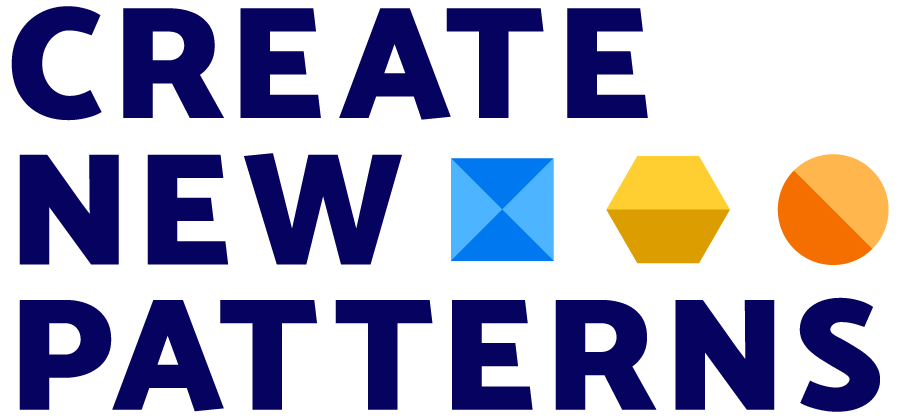Introduction
Limiting beliefs are often rooted in our subconscious and can subtly control our actions without us even realizing it. But here’s the good news--by identifying and breaking down these limiting beliefs, you can unlock your true potential and start living the life you desire. Let’s explore what limiting beliefs are, how they form, and how you can overcome them.
What Are Limiting Beliefs?
Limiting beliefs are deeply ingrained thoughts or beliefs that restrict your potential. They are self-imposed barriers that prevent you from achieving your goals. These beliefs often manifest as statements we accept as absolute truths, like “I’m not good enough,” “Money is the root of all evil,” or “I’ll never find the right partner.” The problem is, these thoughts operate in the background, influencing our decisions without us even realizing it.
These beliefs often manifest as statements we accept as absolute truths, like “I’m not good enough,” “Money is the root of all evil,” or “I’ll never find the right partner.”
According to psychology, these limiting beliefs are formed early in life, often as a response to our environment. For example, you may have grown up hearing negative statements about money, like “rich people are selfish,” or “making money is hard.” These beliefs can become so ingrained that they affect your ability to manifest wealth or success later in life.
What’s even more interesting is that these beliefs often operate subconsciously. You might not even be aware of how they are affecting your decisions, which makes them so powerful. They create a mental tug-of-war between your conscious goals and your subconscious beliefs, leading to frustration and stagnation in your personal growth.
How Do Limiting Beliefs Form?
Many limiting beliefs are formed during childhood. As children, we absorb the beliefs of the people around us—our parents, teachers, and community. For example, if you saw your parents struggle with money and often heard them express stress or anger about finances, you might develop a limiting belief that “money is always a struggle.”
For example, if you saw your parents struggle with money and often heard them express stress or anger about finances, you might develop a limiting belief that “money is always a struggle.”
These beliefs are often reinforced through repetitive experiences. If you continuously experience financial stress or see others around you dealing with money problems, your limiting belief that “money is hard to come by” becomes deeply ingrained. Over time, you might start behaving in ways that reinforce this belief, such as avoiding investment opportunities or being overly cautious with spending. This creates a cycle where your belief dictates your actions, and your actions further reinforce the belief.
Over time, you might start behaving in ways that reinforce this belief, such as avoiding investment opportunities or being overly cautious with spending. This creates a cycle where your belief dictates your actions, and your actions further reinforce the belief.
One great example shared in our podcast was about the limiting belief that “making money has to be hard.” Aaron, one of the hosts, shared his experience of growing up in a family where work was always associated with misery and exhaustion. This belief led him to pursue jobs that made him miserable, reinforcing his limiting belief that making money had to involve struggle. The result? He found himself stuck in a cycle of dissatisfaction, driven by a subconscious belief that wasn’t true.
Breaking Down Limiting Beliefs
The first step in overcoming limiting beliefs is becoming aware of them. Self-awareness is key because you can’t change what you don’t know. Start by paying attention to the thoughts that come up when you’re faced with a challenge or when things aren’t going the way you’d like them to. Do you find yourself saying, “I’m not good enough,” or “I’ll never succeed”? These are clues that you have a limiting belief in place.
Do you find yourself saying, “I’m not good enough,” or “I’ll never succeed”? These are clues that you have a limiting belief in place.
Once you’ve identified a limiting belief, the next step is to challenge it. Ask yourself: Is this belief really true? For example, if you believe “I’m not good enough to get a promotion,” examine the evidence. Is there actual proof that you’re not qualified, or is this just a story you’ve been telling yourself? Most often, you’ll find that these beliefs are based on assumptions rather than facts.
The final step is to replace your limiting belief with a new, empowering belief. For instance, instead of thinking “I’m not good enough,” try saying, “I am capable and deserving of success.” By consistently reinforcing this new belief, you’ll start to shift your mindset and break the cycle of negativity that’s been holding you back.
How Limiting Beliefs Affect Manifestation
Now, let’s talk about how limiting beliefs directly impact your ability to manifest the life you want. Manifestation is the process of turning your desires into reality through positive thinking and action. But here’s the catch: if your subconscious is filled with limiting beliefs, it will be nearly impossible to manifest your desires, no matter how hard you try.
But here’s the catch: if your subconscious is filled with limiting beliefs, it will be nearly impossible to manifest your desires, no matter how hard you try.
For example, you might have a vision board filled with images of financial abundance, but if you hold the belief that “money is the root of all evil,” your subconscious will sabotage your efforts. You may unconsciously avoid opportunities to earn more money or make decisions that keep you in a financial rut.
As Dalila, another host of our podcast, pointed out, manifestation requires both conscious effort and the removal of subconscious barriers. To truly manifest what you want, you need to clear away the limiting beliefs that block your path. This is why so many people struggle with manifestation—they’re putting in the effort on a conscious level, but their subconscious is working against them.
Turning Limiting Beliefs into Positive Forces
The good news is that once you’ve identified your limiting beliefs and challenged them, you can actually turn them into positive forces. Aaron shared that after he became aware of his limiting beliefs around money, he started to reject them and replace them with new beliefs, such as “I am capable of making money without misery” and “Money flows to me easily.”
This shift allowed him to change his behavior. He stopped taking jobs that made him unhappy and started seeking out opportunities that aligned with his new belief system. As a result, he found more fulfillment and success, both personally and financially.
Dalila also shared her journey of overcoming the belief that she wasn’t good enough for a better job. By rejecting that belief and affirming her worth, she was able to manifest a job she loves, with great pay and work-life balance. These are just a few examples of how powerful it can be to turn limiting beliefs into empowering ones.
Conclusion
Limiting beliefs can have a significant impact on your ability to manifest the life you want. These beliefs, often formed in childhood, operate in the background and shape your decisions and actions without you realizing it. The key to breaking free is becoming aware of these beliefs, challenging their validity, and replacing them with positive, empowering thoughts.
By doing this inner work, you’ll unlock the power to manifest your true desires and create a life that aligns with your dreams. Remember, the life you want is within reach—you just have to clear away the mental blocks that are standing in your way. Start today by identifying one limiting belief and taking steps to overcome it. You’ll be amazed at the transformation that follows.
Start today by identifying one limiting belief and taking steps to overcome it. You’ll be amazed at the transformation that follows.









Leave a comment
All comments are moderated before being published.
This site is protected by hCaptcha and the hCaptcha Privacy Policy and Terms of Service apply.